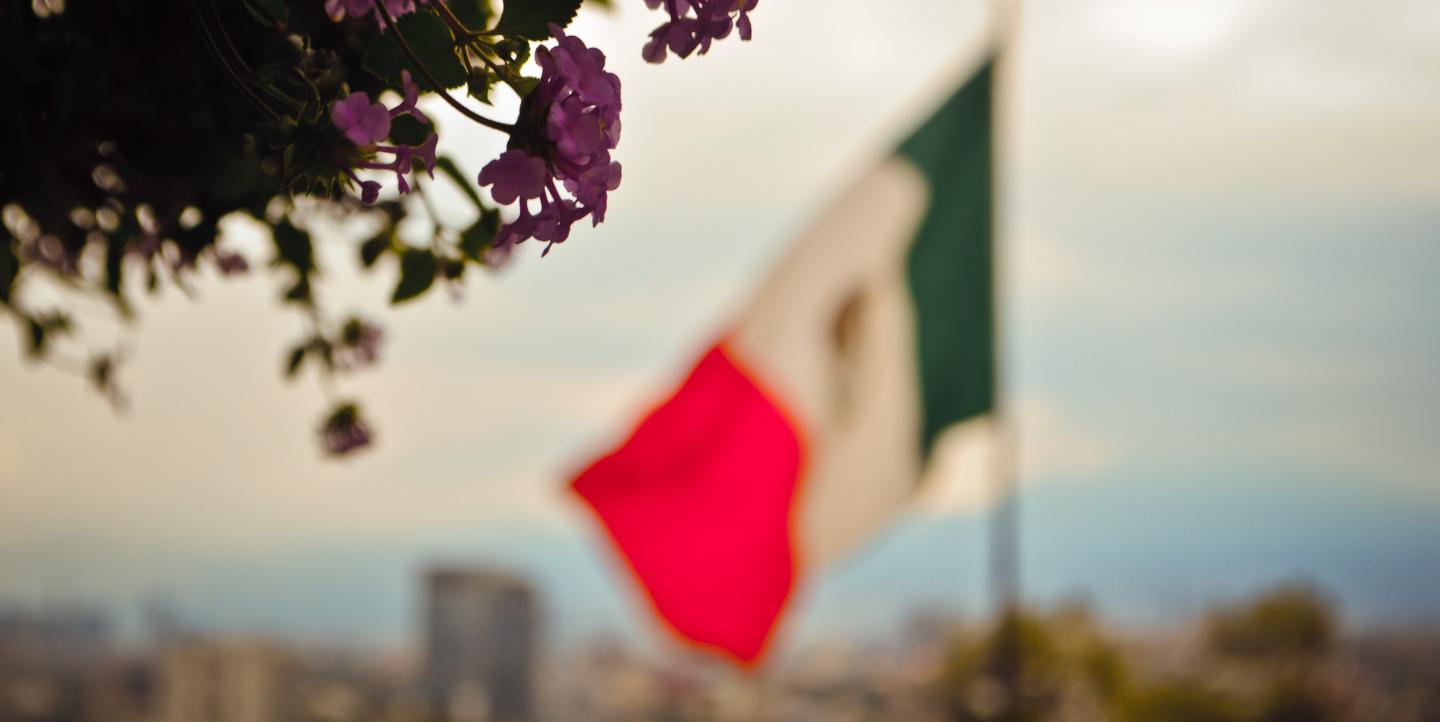Rumors have been circulating in the media and on social networks as voters prepare to take to the polls on July 1, 2018. As the country prepares for the largest election in its history, a team of more than 90 media outlets has banded together to fact-check information about the election. The initiative, known as Verificado 2018, sets an example for the possibilities of collaborative journalism.
Inspired by Verificado19s — the collaborative project that emerged to verify information about damages and aid needed after an earthquake hit Mexico last September — Verificado 2018 is working with National and local media outlets, including TV channels, news sites, newspapers and radio stations, as well as universities and civil society organizations to fact-check information related to the elections.
They also have support from Facebook, Google and Twitter, Oxfam and Open Society Foundations.
“Collaborative journalism is the future of journalism,” says Alba Mora Roca, Executive Producer at AJ+, the organization leading the project, together with Pop-Up Newsroom and Animal Político.
The initiative began a year ago when Mexican journalist Diana Larrea, who works at Al Jazeera Media Institute, met one of the editors of Pop-Up Newsroom at a journalism conference in Beirut. They were inspired by other projects that use a collaborative approach to cover elections, such as Electionland, a joint initiative to cover the problems voters face in the U.S. midterm elections.
They wanted to include an organization with fact-checking expertise, so they invited Animal Político to contribute. Since 2015, the news site has been running El Sabueso, a blog dedicated to verifying public discourse.
These three, main partners defined the methodology and set their objectives before inviting media outlets — both national and local — to join the project. The team wanted to go beyond Mexico City and get journalists from other parts of the country involved in order to detect and verify false news circulating at the local level.
“We believe it is really important to decentralize the [journalistic] initiatives from the big capital cities,” says Mora Roca.
To take part in the project, journalists from allied news organizations went through a training on fact-checking and learned how to detect manipulated information, images and videos using Verificado 2018’s methodology.
Each of the partners contributes their own expertise to the project, a key factor in the success of the collaboration. As the editorial lead, Animal Político centralizes the information. With 10 fact-checkers and two coordinators working full-time, they research information, find sources and do verifications. The team produces different materials and shares them with allied media outlets that adapt it to their own audiences and journalistic style.
The allied organizations also contribute information to verify and do their own verifications in coordination with Animal Político, that has to approve each verification before it’s released.
Every night, the day’s verifications are sent out to all the partners with an embargo. The next morning, they all publish the information at the same time, and it is also uploaded to Verificado 2018’s website.
“The goal is to reach more people with accurate, truthful and useful information, that allows them to cast an informed vote,” says Tania Montalvo, general editor at Animal Político.
One of project’s innovations has been the way in which the information is presented. With AJ+ and its fresh style leading the visual desk, Verificado 2018 created materials and content that is attractive to the audience, including GIFs, humor and fast-paced storytelling.
“We want to fight viral fake news with verifications that also have the potential to become viral,” says Mora Roca.
Verificado is also harnessing the skills of their audience. According to a study published in Science Magazine, readers play a major role in spreading misinformation through social networks, and the team hopes they will be able to spread facts as well. They are training readers on how to identify and understand misinformation.
“We are giving voters tools to differentiate and use their critical spirit to be able to tell when information has been manipulated [so that they do] not contribute to the dissemination of fake news,” says Mora Roca.
So far, Verificado 2018’s initiative has been a success. More media outlets have asked to join the initiative and readers are sharing their verifications and asking the team to verify information using the hashtag #QuieroQueVerifiquen.
“The brand has generated trust among people,” says Montalvo. “We are at the center of the public debate.”
Perhaps the best proof that they have become an actor in Mexico’s presidential elections is that they’ve become the target of fake news themselves. Of course, they debunked them and explained to people how to recognize their own verifications.
Main image CC-licensed by Pexels via Arantxa Treva.

